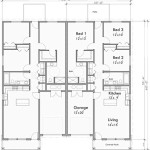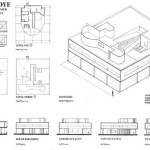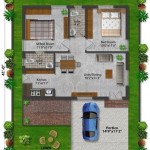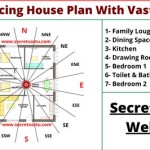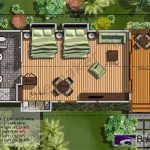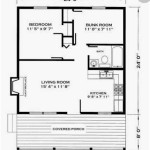Essential Aspects of a Medieval Mansion Floor Plan
Medieval mansions, also known as castles, were grand and opulent structures that served as the residences of wealthy nobles and royalty. These impressive buildings featured intricate floor plans that reflected the social customs and hierarchical structure of medieval society.
Entrance, Great Hall, and Staircase
The entrance to a medieval mansion led to a large, open space known as the great hall. This grand room was the center of social life, where feasts were held, guests were entertained, and important events took place. A staircase leading to the upper floors was typically located in the great hall, providing access to the private chambers and other spaces in the mansion.
Private Chambers
The private chambers occupied by the lord and lady of the mansion were located on the upper floors. These suites typically consisted of a sleeping chamber, a sitting room, and a wardrobe. Guests were often accommodated in separate guest chambers located on the same floor.
Service Quarters
The service quarters housed the staff and servants who maintained the mansion. These spaces included kitchens, pantries, and storage areas. They were often located in the lower levels or separate wings of the building to avoid unsightly noise and smells from disrupting the living quarters.
Gardens and Courtyards
Medieval mansions were often surrounded by gardens and courtyards. These outdoor spaces provided a place for recreation and relaxation, and they also served as a source of fresh air and food. The gardens might be used for growing herbs, vegetables, and flowers, while the courtyards could be used for jousting, archery, or other sports.
Defense and Security Features
Medieval mansions were often heavily fortified to protect against attacks. Features such as thick walls, towers, drawbridges, and moats were common. The layout of the building was designed to provide maximum security, with the private chambers and service quarters protected by multiple layers of defense.
Variations in Floor Plans
While the basic elements of a medieval mansion floor plan remained relatively consistent, there were variations based on the size and complexity of the building. Larger mansions might have multiple great halls, chapels, and even small theaters. In some cases, the floor plans were designed to reflect the specific needs of the lord and lady, such as incorporating spaces for their hobbies or collections.
Medieval mansion floor plans provide a fascinating glimpse into the lives and social customs of the Middle Ages. These grand structures were not only symbols of wealth and status but also played a vital role in the daily lives of their inhabitants.

Image Result For Plan Of A Medieval Manor House Floor Plans

Hatfield House Castle Floor Plan

Floor Plan Of Old Medieval Villa Hand Drawn Ilration Scanned Plans Italian

Medieval Fantasy Mansion Floor Plan By William Mcausland Rpg Art Bookcovers Concept Ink Warriors Wizards Map Dungeon Maps Pathfinder

Balm Castle House Plans Luxury Home

Country Style House Plan 5 Beds Baths 6505 Sq Ft 429 353 Plans Mansion Floor Castle

Plate 3 Ground And First Floor Plans British History

Preliminary Design For Tüköry Mansion Study A Manor House Scientific Diagram

Castle House Plan 6 Bedrms Baths 9465 Sq Ft 116 1108

Castle Floorplans Floor Plan Ashby In Northants England Layout How To

